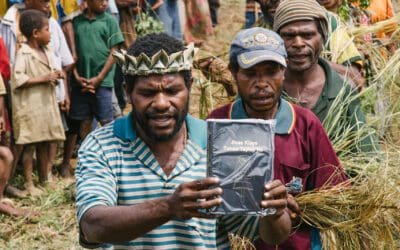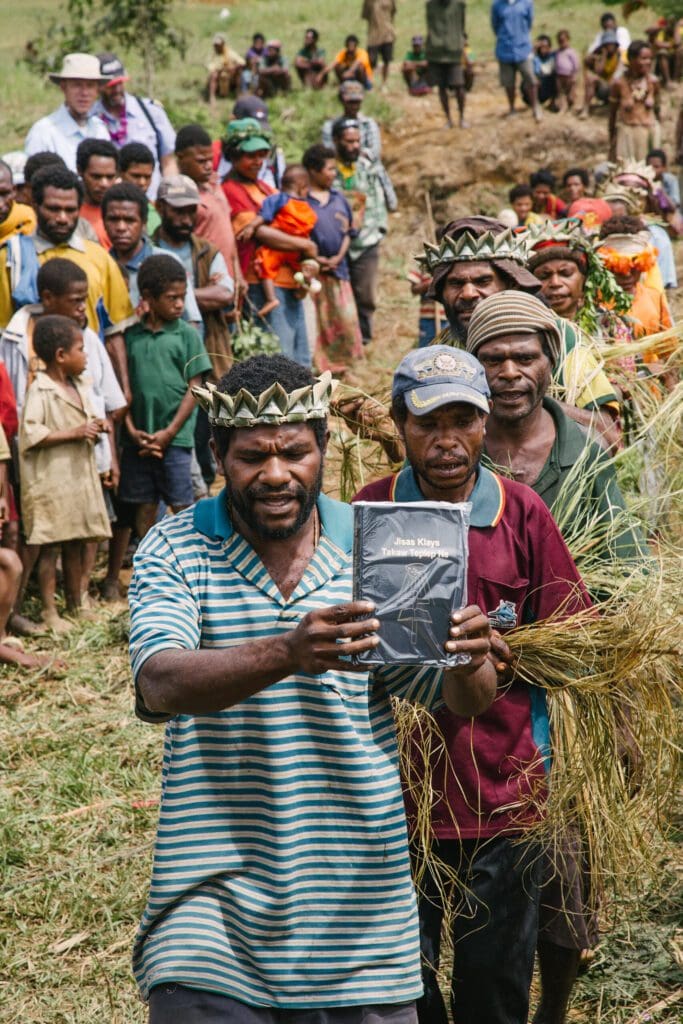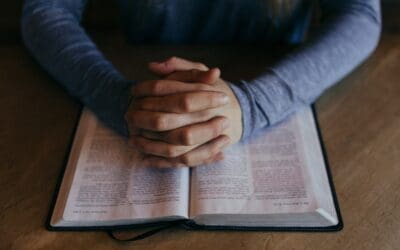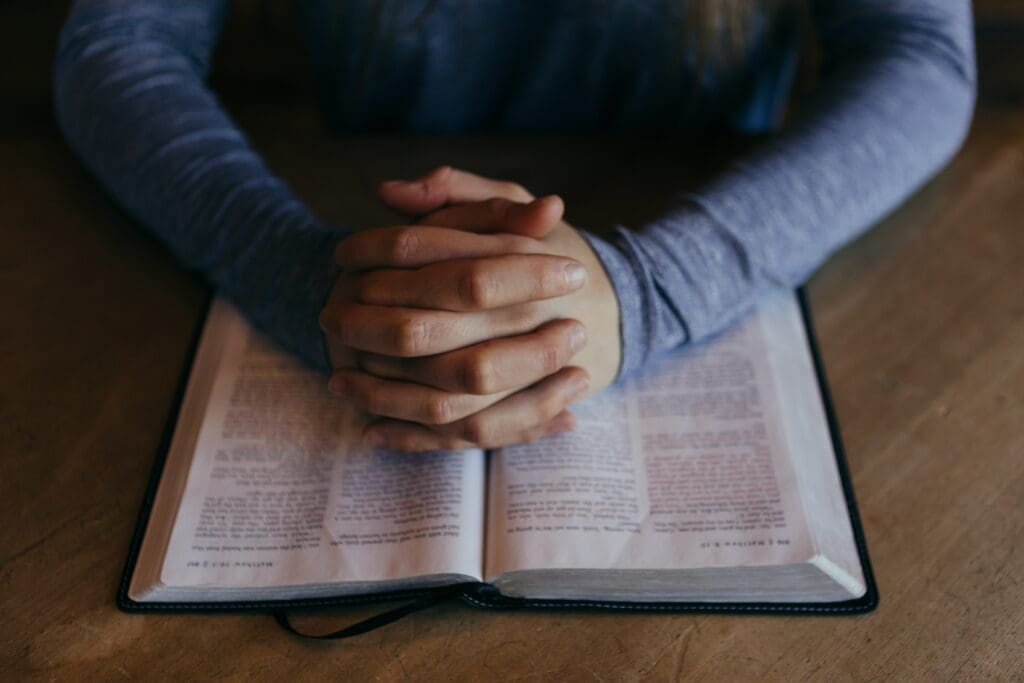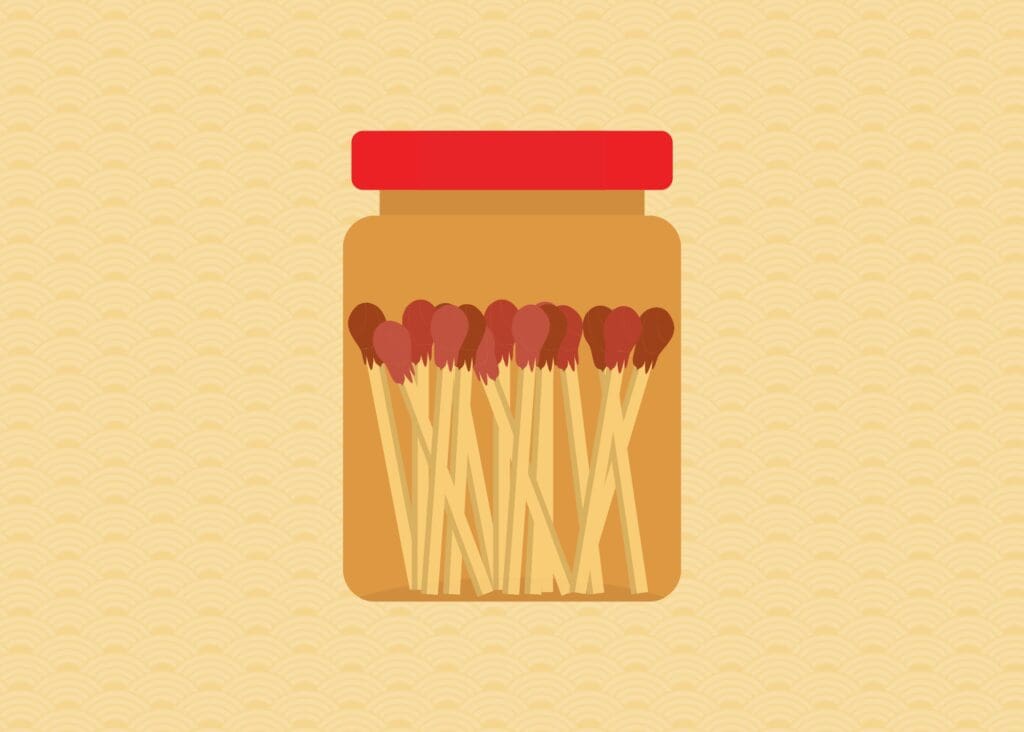The Kawah people of West Africa have a proverb: “The elder knows a roasted peanut.”
Though I don’t pretend to understand all this proverb’s nuances, I can tell you a couple of things about it. First, the Kawah people LOVE roasted peanuts! (So do I!) Peanuts play an essential role in maintaining food security here. They are the crop that holds people over during the hungry season before their new rice crops can be harvested. Our co-translator Amara says, “If you’re eating roasted peanuts, you don’t realize the long distance you have to travel.” Everyone knows that good roasted peanuts can’t be beat.
I can also tell you this: The elders rule. Period. Teens and 20-somethings still rebel (as in other cultures), but when push comes to shove, the elders have the final say on every subject.
And for good reason. The elders are still alive despite harsh living conditions. They understand survival and how to hold their community together. They’ve been through hard times, including coups, crop failures, economic instability on both the local and national levels, and more. They are highly esteemed and sometimes revered. Many possess secret spiritual knowledge and are attuned to the world of their ancestors.
As a rule, the elders don’t view change with a kind eye.
Now, back to the proverb. “The elder knows a roasted peanut.” Putting its two parts together, I deduce this: The elders know what works for the community’s good. In fact, they guard over their communities, keeping them from harm.
Why is all this important for Bible translation? For the Church?
As missionaries, it is very important for us to respect the elders, whether we agree with them or not. My husband Chocho and I didn’t install our family among the Kawah until we had the elders’ permission. Now that we’re here, maintaining good relationships with them is a high priority.
But it goes beyond that. We love the elders. Most are superior community servants. But none of them are Christians.
Take our neighbor and good friend Momo, for example. Also known as Black Snake, he held dual status as both an elder and the Sacred Forest Guardian. Momo faithfully watched over the girls and me while Chocho traveled. He made nightly rounds in the wee hours and scared off the potential robbers who were trying to steal our solar panels. Guarding us wasn’t his job, but he did it out of friendship.
Momo even invited me into an intimate moment in his life when his newborn son died. Behind closed doors, he did the unthinkable and showed me his beautiful, lifeless baby. I shared his grief on a whole new level.
But this elder also made regular visits to the translation table on our porch to check on Amara. (Read “to check on” as “to make sure he wasn’t thinking about converting.”) After all, guarding his community was his job.
Other elders also come to mind. Mayor Ali is one we didn’t see much of because he was caring for his dying father, the oldest man in the village. But he made a special appearance at our neighborhood going away party as we prepared to leave for our first home assignment. We “killed the fatted calf” (actually a cow) to offer our clan a feast to show our appreciation for all their help during our first term. Ali’s father had died earlier that morning. But he put aside his own grief so he could give us his blessing before we left.
Boniface, another elder and also my village dad, came in person to invite us to the community sacrifice by the river. This is how the Kawah people open their planting season. We always respectfully declined because Jesus was our sacrifice. But the elders wanted everyone to know the date they had set, including us.
Lamine leased us land for our village home, took complaints, arbitrated disputes, and led Friday prayers.
None of these elders served only their community. They served our family as well.
Yet we encountered challenges in our relationship with them. From the very beginning, when we were seeking the elders’ approval to live in a Kawah village, they made it very clear: “Do not try to convert us!” We wanted to be there because we want Kawah people to come to Christ. But leaving the community’s religion goes against values the elders are committed to protecting. So we offered our promise to bring them God’s Word and let them decide for themselves.
Persecution may or may not follow when a Kawah person decides to begin following Jesus. At a minimum, a new Christian is labeled a “rebel.” In our village situation, the elders disapprove quietly and play the waiting game. They, along with others, assume new converts will come to their senses and grow out of what they see as a “Christian phase.” And, generally speaking, this consensus is correct because these newborn believers lack the support network they need to mature in Christ.
Kawah people do what their elders say and emulate their example. The value here is community, and the elders stand at the pinnacle of each community.
The elders love us. They also want to protect their community from our influence.
So, where does that leave us? On our knees. Literally, on our knees. We know of no other solution.
Only God’s Spirit moving among the Kawah will change the elders’ hearts. So we pray. We pray for our elders, that a group of them will convert and support each other in this radical move. We pray that an elder and his household will convert together, like Cornelius and his household did in Acts. We pray that the elders will give their permission to those wishing to convert.
In a challenging religious context, we pray crazy, audacious prayers.
In the religious context of our host country, these are crazy prayer requests. They are God-sized. But if we want Kawah people to come to Christ, we must pray audacious prayers like these. Will you join us?
The Kawah elder knows a roasted peanut. The Christian knows the power of audacious prayer.
For more ways to pray for elder-led communities like the Kawah,
check the Thursday Prayer Focus post for October 24.

